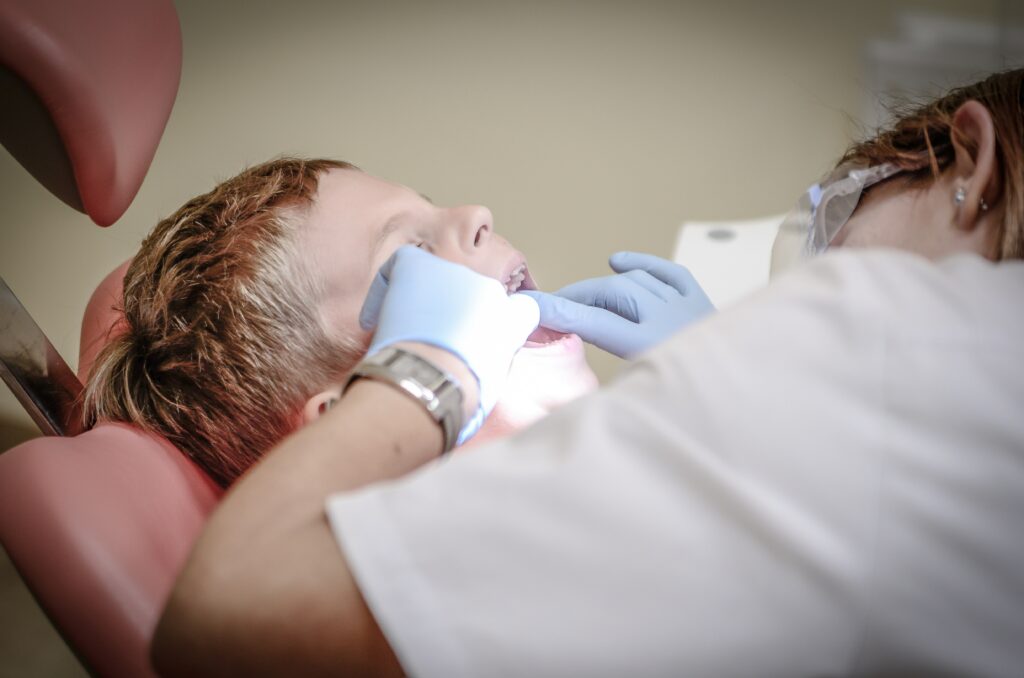
We know there are many benefits to exclusively breastfeeding. Many lactation professionals feel breastfeeding has more than proven itself. However, continued research helps us understand more, and is an excellent tool for public health. A new study found exclusive breastfeeding reduces dental disease in pediatric patients.
This new study can be used to help educate healthcare providers about the benefits of breastfeeding. In turn, they can then better educate and support their clients and patients. While every mother baby pair is unique, on a population level we see measurable benefits in breastfeeding.
So, what does this mean for lactation professionals? It’s more information to share with your clients and colleagues. It’s a reminder of why we support families in their breastfeeding journey. Breastfeeding has lifelong benefits for children and their mothers.
Exclusive Breastfeeding Reduces Dental Disease – What The Study Found
Researchers at Nemours Children’s Health system found the overall prevalence of tooth decay, cavities, and toothaches to be 9%
The occurrence of dental disease was more prevalent among children who were never breastfeed at 12.3%. For those with public health insurance instead of private, the rate was 14.3%
Children who were exclusively breastfed for 6 months were 28% less likely to have dental issues such as decay, cavities, or toothaches.
The overall rate of dental disease in children was 9%, as mentioned above. However, when we break the children into exclusively breastfed and not breastfed, the rate varies. For those who were never breastfed, the rate of dental disease was higher than 9%. The children who were exclusively breastfed had a lower than 9% rate.
In short, this study found not exclusively breastfeeding increases the risk of dental disease. Dental health is extremely important in developing children, making breastfeeding a true public health concern.
How Was This Study Conducted?
As a lactation professional, it is important to understand how a study is performed. This helps us in interpreting the data and what it means in practice. Understanding the study method, authors, and any potential conflicts of interest is important.
This particular study was carried out by Nastocia Bafford, MPH, a fellow at Nemours Children’s Health System and her colleagues.
They utilized the National Survey of Children’s Health from 2011 or 2012. This means this is a retrospective study. They looked back at data over a period of time to see long-term outcomes.
Bafford and colleagues studied the association between exclusive breastfeeding and the risk for dental disorders in 24,655 children aged 6 months to 5 years. Given the large sample size, the study is likely to be an accurate depiction of our population’s health.
Bafford presented this information at the American Public Health Association Annual Meeting and Expo.
What Does This Study Mean For Clinical And Public Health Practice?
In the medical world, there are endless new studies. Some studies confirm what we already know. Others emphasize previous findings. At times, studies drastically change what we thought we knew.
In this case, the study emphasizes previous findings. We know children who are exclusively breastfed are protected against illness. We know that the mechanics of feeding at the breast reduces milk sitting on teeth and increasing the risk of decay. This study emphasized the importance of exclusive breastfeeding for protecting against dental disease.
Given that it emphasizes what we already know, it seems there wouldn’t be significant changes in practice. However, from a public health perspective, this study shows why healthcare providers must educated parents.
For lactation professionals, pediatricians, etc., this data is an important reminder of the importance of lactation support and education. We can use this data to help educate families about the importance of breastfeeding.
“These findings should change clinical practice by enforcing and stating the benefits of breastfeeding,” Bafford said.
Bafford also emphasized, “If clinical practitioners stated the numerous benefits of breastfeeding to new mothers, it could possibly help decrease doctor and dental visits,” Bafford said.
What Does This Study Mean For Certified Breastfeeding Counselors?
As non-clinical providers, we still benefit from studies such as this one. This study emphasizes the importance of breastfeeding support and education.
This study also equips us with evidenced-based information to share with our clients. For new parents who personally struggle with dental care, this could encourage them to exclusively breastfeed.
As a certified breastfeeding counselor, you have the opportunity to make a difference in the health of your clients and their babies. Even without being a clinical practitioner, the support and education you provide is a valuable part of maternal child health.